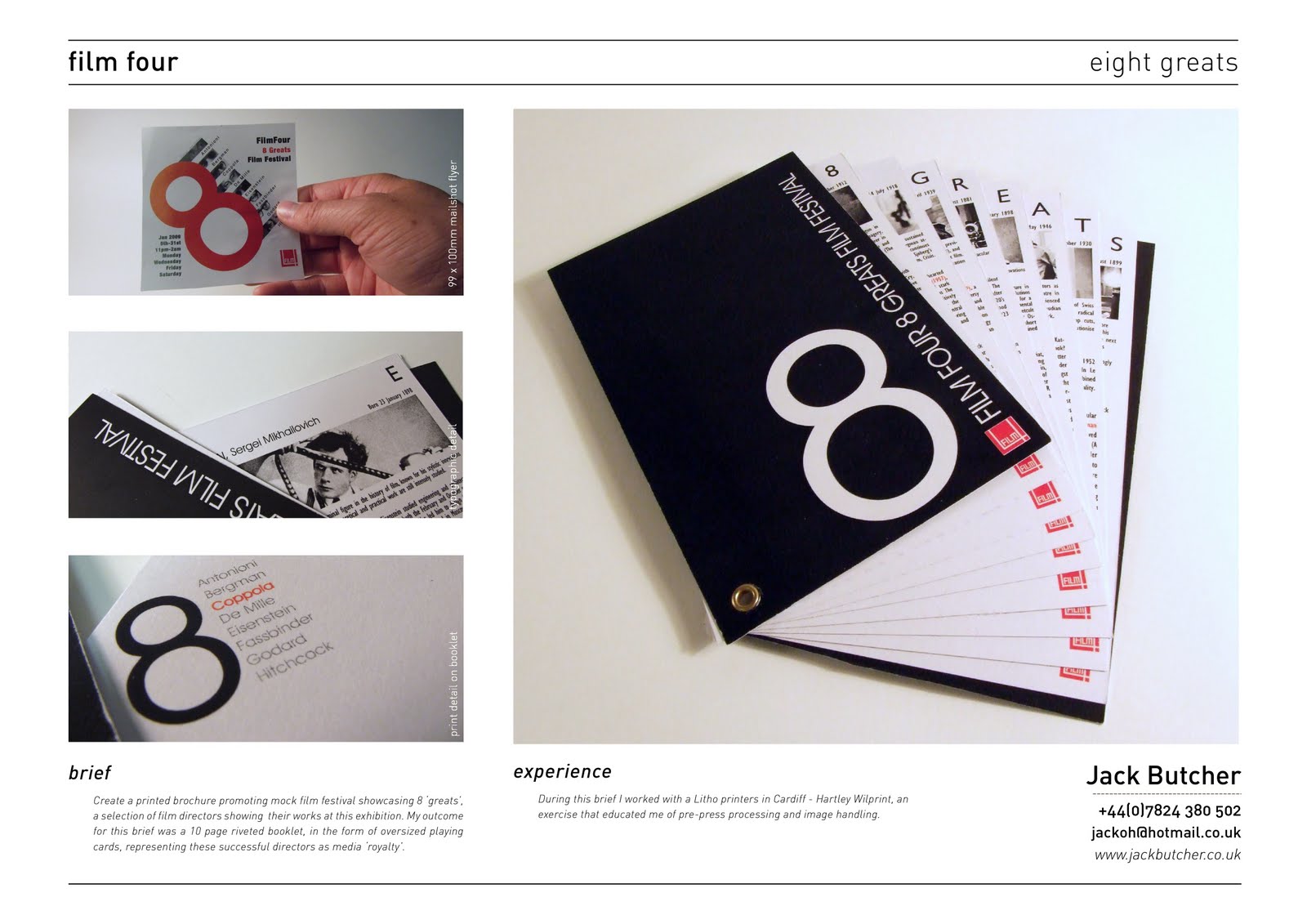

You don't need to be an expert, you simply (and authentically!) need to talk about your work, why you make it, your process (within reason of course), and experiences as you build and grow through this journey. And the most effective way to build community is through storytelling. If web2 was the competitive-economy, web3 is the community-economy. You have to market yourself, define and find your community (also known as "collectors"), and engage them in an ongoing process of storytelling. An essential element to selling your art is Storytelling and Community BuildingĪs the digital art market matures it’s becoming clear to artists that there are, often overlooked, "soft skills" that impact your ability to sell. No different, the NFT market can be impacted by inflation, global politics, and many more things out of an artist's control. The market: the NFT markets are new, volatile, and can be susceptible to overarching global market conditions, similar to stocks, bonds and other asset classes. The interests of collectors: a frustrating but well-known fact for artists currently in NFTs is that a majority of the money being spent by collectors is going towards PFP purchases (profile picture with collectible or trading card-type assets like, Bored Ape Yacht Club and World of Women) over 1:1 art. All collectors don't necessarily collect across all categories and all categories don't have the same average price points which can affect your ability to sell. The most widely adopted to date has been 1:1 and edition art pieces, however quickly gaining popularity are both Photography and Music NFTs. Your category of art: there are many categories of art where NFTs are being used. Each chain and marketplace have their own opportunities and challenges, so it's important to research thoroughly before making a decision.

Where you're selling: some key considerations when selling your art include the blockchain you use (Tezos, Ethereum, Solana are a few popular ones) as well as the marketplace you're selling them on (Rarible, OpenSea, and Magic Eden to name a few). While open and available for most to use (as long as they have access to internet), there are still many things that can make it easier or harder for you to find buyers. What influences a digital artist’s ability to sell their art? There are more tactical considerations like marketplaces, category, price point et.

That said, monetizing your skills in the digital world is about much more than the work you create.
#Jack butcher visualize value age full#
A common experience of many artists is being discouraged by family or friends to pursue art full time.

If they are even in a position to still create. In fact, the vast majority of artists make very little money at all. It's not easy to make money from your art.


 0 kommentar(er)
0 kommentar(er)
